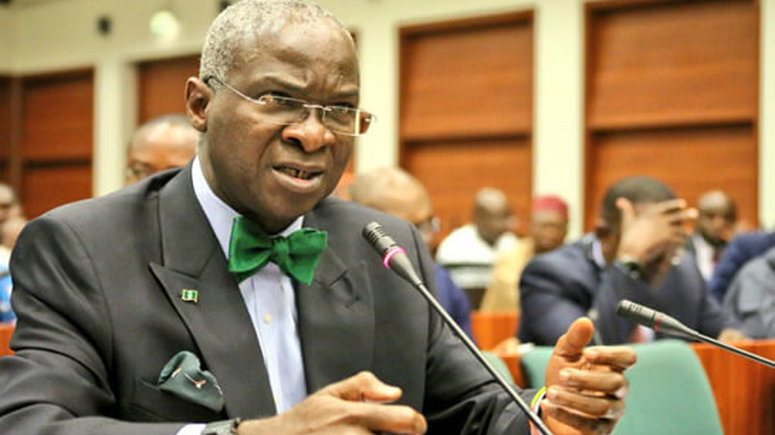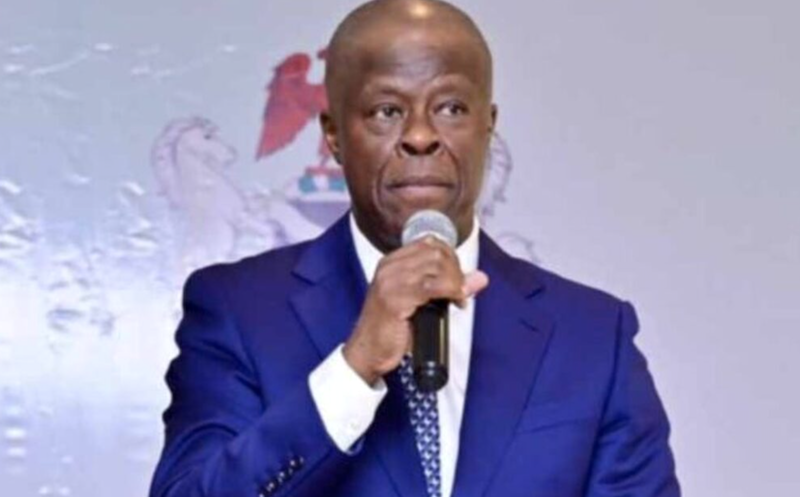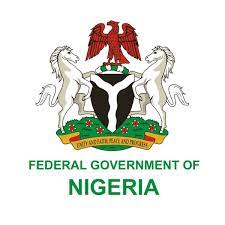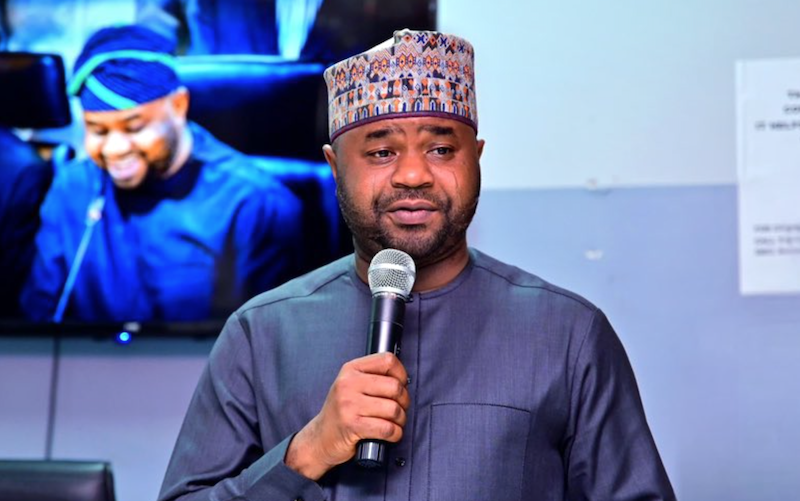A former governor of Lagos State, Mr Babatunde Fashola, has advised the Lagos State Government to reduce levies and taxes as a measure to ease the current social economic challenges on the residents.
Fashola said this at the Lagos State 18th Edition of the Executive and Legislative Parley held on Friday at the Eko Hotels and Suites, Victoria Island, Lagos.
The annual parley is held to review the activities and mandates of each of the arms of government.
It discusses the prevailing social-economic issues and develop a strategy for dealing with the potential areas of conflict in the overall interest of the state.
This year’s theme is: “Engaging all for Inclusive Governance: Hands on for a Greater Lagos Rising.”
It was attended by legislators in the Lagos House of Assembly, Representatives of the various constituencies of the state in the National Assembly, Governing Advisory Council members and other key stakeholders.
Fashola, who was the immediate past minister of Works and Housing, applauded Gov. Babajide Sanwo-Olu for rolling out other measures to cushion the effect of subsidy removal.
He said aside the school feeding initiative in schools and reducing the cost of transportation, the reduction of levies and taxes in other sectors would help a great deal.
“The Lagos State government deserves to be commended for the feeding initiative and for also reducing the cost of transportation in the state; this is commendable and I applaud Gov. Sanwo-Olu.
“I’d like to make additional suggestions. I’d like to advise that, in line with finding succour for residents of our great state with the current economic situation, I think reducing levies and taxes would help.
“There must be a balance. I remember during the Ebola crisis, the Association of Tourism and Hotel Owners approached us (government) then that we should suspend the Consumption Tax, which we did.
“These are some of the ways we can bring relief to the people of Lagos State.
“It is important to increase the quantum of money for disposal. There must be a balance in governance,” Fashola said.
Fashola, a Senior Advocate of Nigeria (SAN), urged the state government to find a way of redistributing wealth and give small businesses succour.
“We must meet with small businesses across the senatorial districts, state legislature should hold town hall meetings to understand their needs and demands.
“We have more money in the hands of the people; we need to roll out public works in construction, supply, etc. We need to find a way to redistribute wealth,” the former governor said.
According to Fashola, representatives of the people at various levels must check themselves and see if they have represented the interest of the people they represent.
He said representatives of the people should ask themselves if they had represented the people since they were appointed or elected.
“They should ask, do I still live in the constituency I represent; do I truly represent them, do I know where it pinches and do I know where it hurts?” he said.









